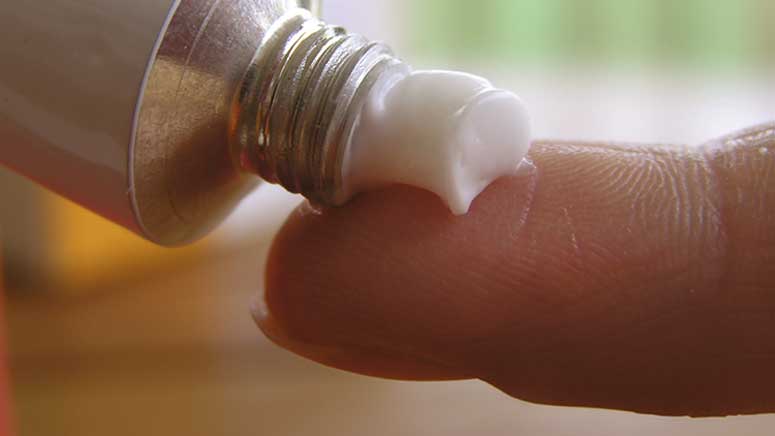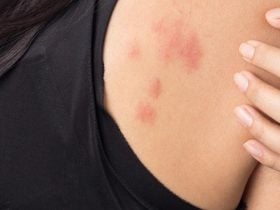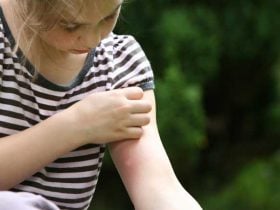Bedbugs are known to live in furniture like sofas and beds. [1] They often hide out in dark places and wait until it is dark (night) before crawling out to feast on human blood. These insects can feed at a stretch for up to five minutes, leaving a skin reaction when their host wakes up.
The common signs that you have been bitten by a bedbug include swollen bumps, redness, and itchiness. [2] In rare instances, a bedbug bite may cause serious symptoms that include: shortness of breath, fever, blisters, inflamed tongue, nausea, vomiting, difficulty swallowing, and abnormal heartbeats.
There are several species of these insects, but the ones known to bite humans are the Cimex lectularius. Blood from warm-blooded animals is their primary energy source because it supplies them with all the needed nutrients, including vitamins and proteins.
Here are some common treatments for bedbug bites: [3]
Topical Treatment

Hydrocortisone creams can speed recovery from bedbug bites. It can improve redness, swelling, and inflammation of the skin and return it to its normal state. They contain a corticosteroid, an anti-inflammatory drug that is popularly used to control allergic reactions.
During feeding, the bug secrets substances that mix with our blood and trigger an allergic reaction. Swelling, redness, and itching of the skin is the body’s automatic response to foreign invaders. Corticosteroids help to suppress the immune system’s reaction to the bite.
Some people can develop cellulitis from bedbug bites. To reduce the risk of infection, frequently wash the bites with antiseptic soap and water, and refrain from scratching them.
Some persons are more allergic to bedbug bites than others, causing serious and life-threatening symptoms. If topical treatment doesn’t work after a few days, it is best to visit your doctor to examine the bite.
Antibiotics
Antibiotic creams and antiseptic lotions can also be applied to the affected areas, and they help prevent infections. Antibiotic creams are supportive to reduce symptoms even if there are no bedbug bites. For those who have serious symptoms from the bite, your medical expert can administer antibiotic drugs or intravenous injections to control the symptoms.













